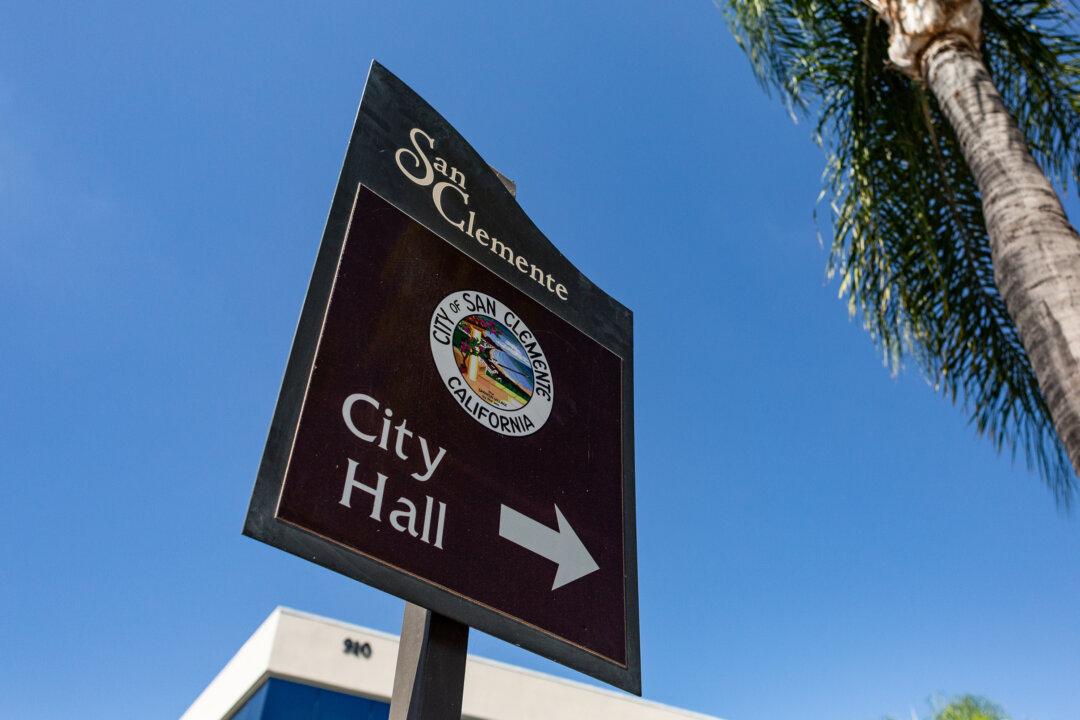A proposal that would have made San Clemente a “Sanctuary For Life,” blocking abortion access within the city limits, will not go forward.
The city council voted 3–1 on Aug. 6 to remove a resolution from its Aug. 16 meeting that sought to ban abortions in the city, after hearing from mostly outraged citizens during a public comment period that lasted about two hours.





